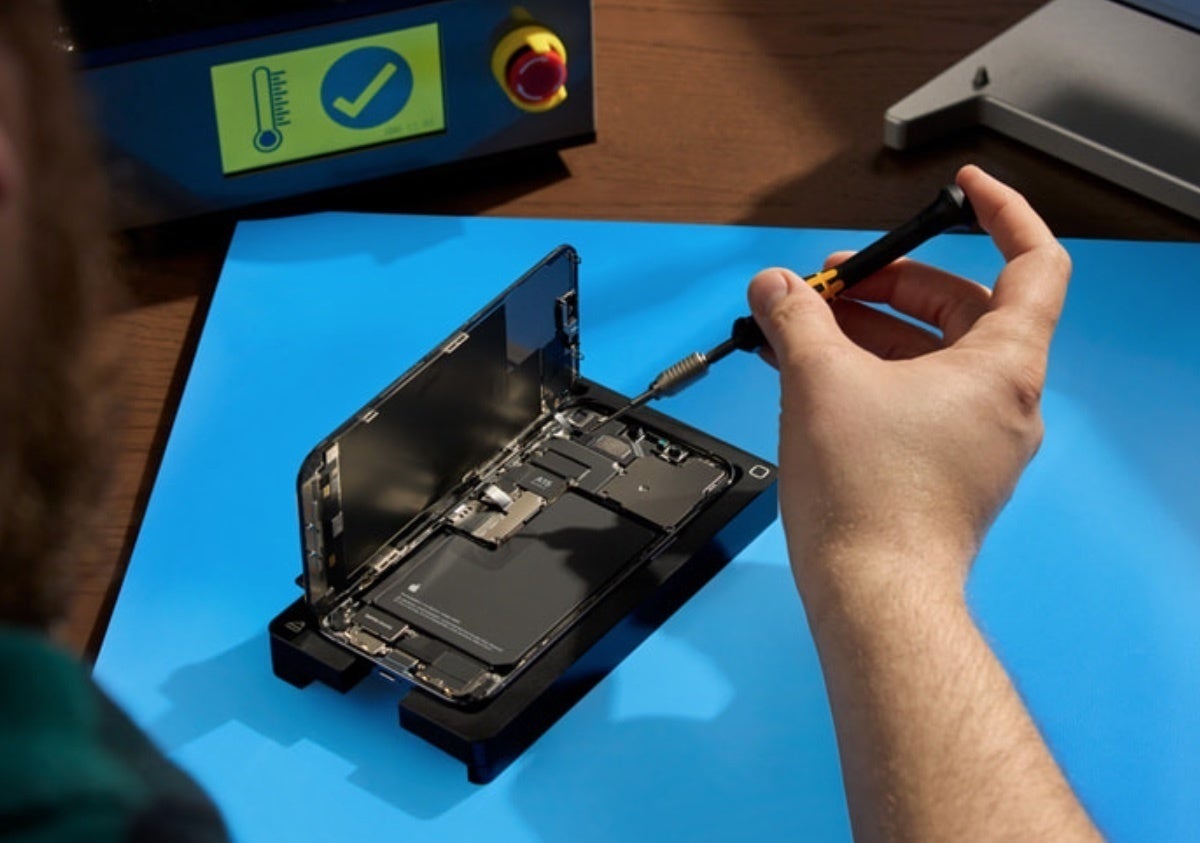While some might mourn news Apple won’t upgrade the 27-in. iMac with Apple Silicon, today’s most interesting speculation says the company is developing its own battery technology — and might introduce its own designs into mobile devices as soon as 2025.
It makes sense.
We know Apple has spent time on battery technology. In 2018, it hired Soonho Ahn, Samsung’s senior vice president, next generation batteries and materials innovation. Ahn stayed on as the Global Head of Battery Developments for three years before taking a new post as CTO of Volkswagen’s battery division.
As Ahn’s departure displays, Apple is not alone in attempting to move toward more advanced, low-cost battery technologies. Their development is of strategic importance as the number of devices reliant on batteries grows exponentially. While a large amount of battery research is going on, bringing new designs to market seems a slow process. But Apple has the clout to make it happen; not only can it make new tech pervasive with just one streamed event, it also has the money and commitment to carbon-neutral production to take the risk.
So, what’s the speculation? Citing “industry sources,” Korea’s ET News claims Apple is working across the battery design process to build something that hasn’t been commercialized before. It mentions use of innovative new designs to get more from standard battery materials such as nickel or cobalt.
It seems to suggest the company has found new conductive materials that can improve battery performance. At its simplest, the report suggests Apple wants to build batteries that charge faster and last longer.
The report has legs. After all, it was only this year that Apple patent filings showed the company to be working with US government researchers on something called Synergistic Additives for High Volume Lithium Ion Batteries. That patent also alluded to the use of new materials to extend usable battery life and accelerate the charging cycle.
Adding a little more substance to the gruel, we can see that the use of new substrates and conductive materials is very much in vogue across the industry, particularly since the publication of MIT research that found it is possible to accelerate lithium charging speed by changing the substrate around the battery. There seems to be a quiet race toward such tech, so there’s no reason Apple wouldn’t also be in the running. It does, after all, make millions of battery-powered devices.
But what about the environment? With only 5% of the world’s lithium batteries being recycled, it could be relevant that electric vehicle start-up Britishvolt linked up with long-time Apple materials supplier Glencore to develop a lithium-ion battery recycling center in the UK last year.
Glencore, which already claims to be the leading lithium-ion battery recycler in North America, is also building battery recycling centers in Italy, Spain, and Portugal. The company aims to…
2023-11-12 02:41:03
Source from www.computerworld.com
